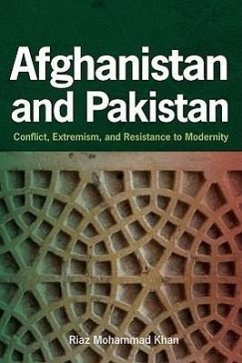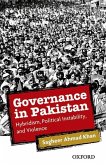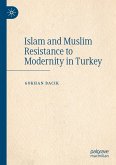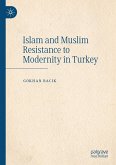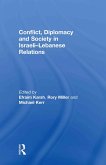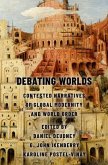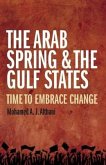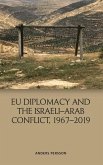This timely study surveys the conflict in Afghanistan from Pakistan's point of view and analyzes the roots of Pakistan's ambiguous policy--supporting the United States on one hand and showing empathy for the Afghan Taliban on the other. The author, a former foreign secretary of Pakistan, considers a broad range of events and interweaves his own experiences and perspectives into the larger narrative of the Afghanistan-Pakistan relationship. Beginning with the 1989 departure of Soviet troops--and especially since the 2001 NATO invasion--Riaz Mohammad Khan examines the development of Afghanistan and surveys the interests of external powers both there and in Pakistan. He discusses the rise of extremism and religious militancy in Pakistan and its links with ongoing conflicts in Afghanistan. Ultimately, Khan argues, Pakistan reveals a deep confusion in its public discourse on issues of modernity and the challenges the country faces, an intellectual crisis that Pakistan must address to secure the country's survival, progress, and constructive role in the region.

